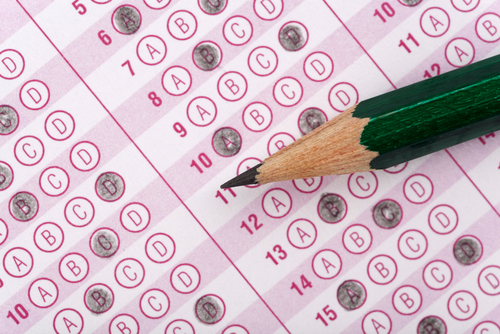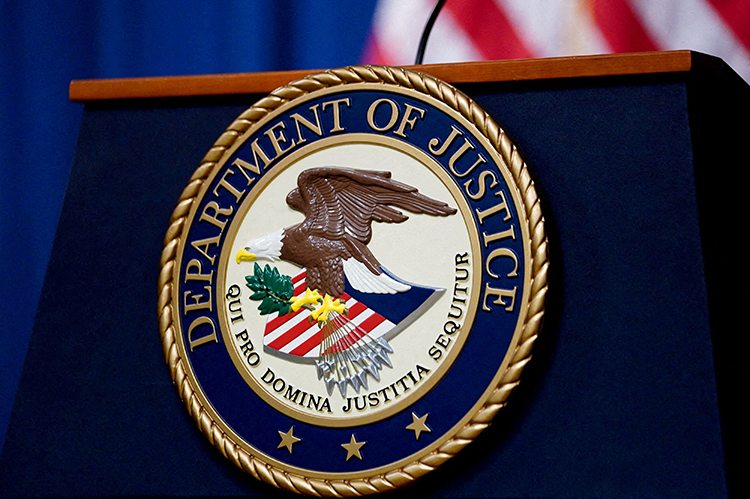California law deans have 'grave concerns' about new bar exam plans

Fifteen deans from ABA-accredited law schools have signed a letter to the California Supreme Court stating that they have “grave concerns” about Kaplan Exam Services’ ability to develop a multiple-choice bar exam “in a responsible manner” in time for the February 2025 administration of the newfangled exam. (Image from Shutterstock)
Fifteen deans from ABA-accredited law schools have signed a letter to the California Supreme Court stating that they have “grave concerns” about Kaplan Exam Services’ ability to develop a multiple-choice bar exam “in a responsible manner” in time for the February 2025 administration of the newfangled exam.
The Sept. 17 letter was delivered the day before the state supreme court froze out the cash-strapped State Bar of California’s plan to launch the Kaplan-developed exam. The new exam offers remote options instead of using the National Conference of Bar Examiners-created exam, which mandates in-person testing and rings up expenses related to renting huge halls for the exam.
“We are here, in part, because the admissions fund is facing insolvency, and we listened to our partners at the law schools that we should not raise admission fees any higher and to applicants who have told us they would prefer remote and smaller test center testing options,” wrote Bridget Gramme, special counsel in the division of consumer protection, admissions, and access and inclusion at the State Bar of California, in an email to the ABA Journal.
The deans—including Erwin Chemerinsky of the University of California at Berkeley School of Law who’s also a Journal contributor, Paul L. Caron of the Pepperdine University Rick J. Caruso School of Law and Michael Waterstone of the University of California at Los Angeles School of Law—stated in the letter: “We urge the court to allow additional time to explore the options, removing Kaplan from any role in the February 2025 bar, and ideally from the July 2025 bar examination.”
“Rushing implementation of something so important to individuals’ lives and to the practice of law in the state of California is a mistake,” the deans wrote.
“We are confident that we will be able to deliver in the agreed-upon time frame,” wrote Russell Schaffer, the company’s communications director.
Kaplan is referring all questions related to the process to the State Bar of California, Schaffer added.
The state bar’s Committee of Bar Examiners is ultimately responsible for the bar exam’s format, scope, content, questions and grading process, according to the California Rules of Court and has to approve the modifications. An agenda for the Sept. 30 meeting includes bar exam considerations. After the recommendations, the state supreme court reviews and approves all proposals, and the bar must comply with those rulings.
In the letter, the deans also blasted the bar’s request that the California Supreme Court approve a plan to offer voluntary, experimental practice exams in November and again in July 2025 to generate data that experts would analyze. The state bar’s request includes boosting exam scores by as much as 40 points for those test-takers.
Instead, the deans asked the state supreme court “to consider an across-the-board scoring adjustment to account for the uncertainty all exam takers now face” but did not specify by how much.
“The planning process has been methodical, deliberative and thorough, and we have engaged the law schools throughout this effort and will continue to do so,” Gramme wrote. “We are confident in Kaplan and our partnership, and are ready to execute our plan.”
Write a letter to the editor, share a story tip or update, or report an error.



